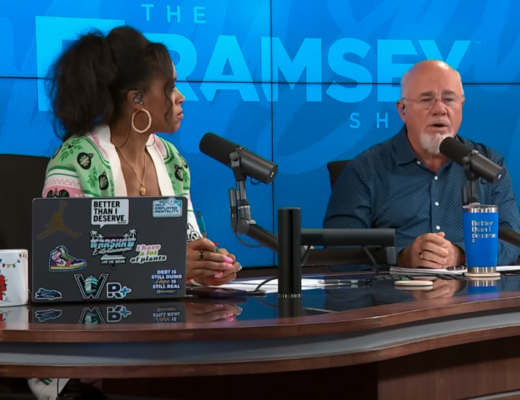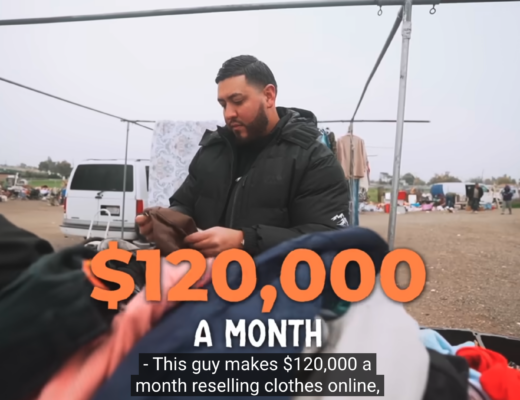Years ago I was off on my way to university to read business and marketing looking forward to choosing the one company I would spend my forty-odd working years at, rising from intern and rookie to CEO and master.
Little did I know that in my four years post-university, after attaining a high-scoring degree and having 18 months industry experience at Reuters, I would be made redundant no less than three times as the global economy tanked and recession set in.
After a series of trial and error jobs I found my role in the working world, something I loved doing every day and the things that allowed me to smile on the way to work every day. That something was the relatively-niche role of ‘brand strategist’ within the creative services industry.
Sadly that also had its peaks and troughs and after what would become my final redundancy I decided that lining someone else’s pockets then being punted onto the scrap heap was not worth my time, so I took my career into my own hands and set up my own consultancy.
A few years on and I have experienced year on year growth and am now at a point where I earn nearly double what I earned at my last full time job, whilst taking more time off and being able to experiment with other business ideas that I am on the verge of launching.
Now that I’m settled and confident in my ability to make money on my own and succeed, I have put together a training program for those going through career changes, the core concepts and learnings are summarised in the nine points below:
Name your business
One of the biggest challenges when you’re starting out as a strategist (freelance /
consultant) is deciding on the naming strategy for yourself / your service / your company.
It is an important decision and one that you will have to fully believe in and get behind in order to thrive.
Incorporate your business & get your website setup
The most important thing you will need to do is incorporate your business. This can be done
one of two ways… through an accountant/legal advisor (costs roughly £200) or the better
way of doing it yourself. The forms are actually pretty easy and takes about 30 minutes maximum through the Companies House website (UK) and if you do it yourself it only costs around £12.
Your brand identity
What many freelancers fail to do is recognize that they are not only freelancers but also brand owners and builders. This will be your marque. Your brand. Your stamp of authority on all of your work and invoices. This is how your clients will know and recognize you across all your brand
touchpoints.
Seek out mentors
No one can know everything from day one, as much as we may believe we do and pretend we do (winging it, anyone?), we need to have someone or some people to ask questions, to bounce ideas and to vent to.
You will want to have a selection of mentors such as:
Industry experts
Trusted friends
Fellow freelancers
Old colleagues
They all add up to a valuable resource and one that should never be ignored.
Hiring professional services, because despite what the poster says, tax is taxing.
friend, from explaining tax implications to sorting out year end returns and payroll admin.
Developing your point of view on the world you want to work in
As we all know, the market is tough out there… More and more people are going freelance – The Economist recently projected that 40% of all workers in the United States will be freelance by 2015, so you are going to need to differentiate yourself.
Challenge yourself through objectives
Objectives should be quantifiable goals / targets for the year ahead. For example last year my objectives included making 30% additional revenue away from work and finally launching my online initiative. This year I have been a lot more detailed in my planning and in setting the target quite high but within reason. Not ‘make a million £’ but make more, this giving me something realistic to aim towards and triggering the businessman part of my brain to work out new ways to
generate income.
Day rate philosophy
It is as dangerous to under-charge as to over-charge… over-estimating your daily rate can price you out of the market and you lose the gig, under-charging however can undermine your experience, make your services seem too junior, seem naive to market forces and allow clients to think you are a push over. You can still enjoy it though, for example a friend of mine is on roughly £1,000 per day, he won’t get out of bed for less so can be picky about what he does and how much work he does a year… yet another friend is on about £100 as she’s just starting out, she struggles but is gaining incredible experience – enjoy success with learning and never forget where you stated as these people will always be useful later down the line.
The best day of your working week… Invoice day.
There is something great that always raises a smile when it is time to send off your week’s invoice. It never gets dull. Don’t let it get dull. You have earned this, it should make you smile – especially if you have landed your upper rate bracket too! Celebrate it, enjoy it, this is why you do what you do.
I urge all those who have gone through redundancy to take the positive route and look to the future and set a path to be all you can be.





